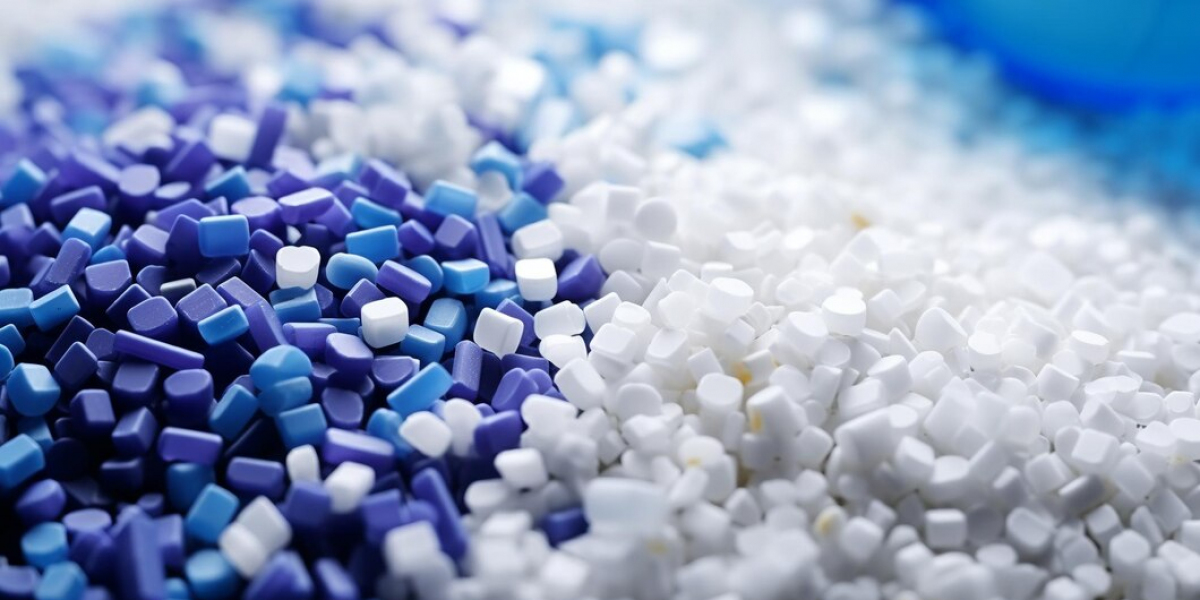In construction, electrical installations, and many industrial applications, the strength and reliability of a system often come down to the smallest components: Fixings And Fasteners. These items may seem minor, but they play a significant role in ensuring the stability, safety, and durability of any project. From bolting heavy machinery to securing cables, fixings and fasteners are essential in nearly every industry.
What Are Fixings and Fasteners?
Fixings and fasteners are mechanical devices used to join, secure, or anchor components together. They vary in type, material, and application, offering solutions for different structural and mechanical needs. Fixings are typically used to attach components to surfaces, while fasteners secure two or more parts together.
Types of Fixings and Fasteners:
- Screws: Ideal for joining materials like wood and metal, screws come in various heads and threads to fit specific applications.
- Bolts and Nuts: Used in applications where strong joints are necessary, bolts work in conjunction with nuts for heavy-duty support.
- Washers: Commonly used with bolts to prevent loosening, washers distribute load and reduce friction.
- Anchors: Designed for use in masonry or drywall, anchors secure bolts or screws to surfaces that can’t hold a fastener alone.
- Rivets: Often used in permanent applications, rivets provide a strong bond between materials that cannot be welded or soldered.
- Clips and Clamps: These fasteners are used to hold cables, tubes, or wires in place, especially in electrical or plumbing applications.
Importance of Fixings and Fasteners in Industrial and Construction Projects
The selection of appropriate fixings and fasteners is crucial for the stability, longevity, and safety of installations. Here are some of the reasons why they are so critical:
- Structural Integrity: Fixings and fasteners ensure that machinery, structures, and components remain securely attached, preventing failures that could lead to damage or injury.
- Load Distribution: In applications where high loads are involved, fasteners like bolts, screws, and washers help to distribute the load evenly, enhancing structural durability.
- Vibration Resistance: Industrial environments often involve significant vibration, which can loosen improperly secured parts. Fasteners designed for these conditions, like lock nuts and washers, prevent loosening and improve safety.
- Environmental Protection: Many fixings and fasteners are corrosion-resistant, ensuring that they can withstand exposure to moisture, chemicals, and extreme temperatures, particularly in outdoor or industrial settings.
- Ease of Maintenance and Repair: Fasteners make it possible to disassemble parts easily, enabling routine maintenance, repairs, and adjustments without compromising structural integrity.
Choosing the Right Fixings and Fasteners
Selecting the appropriate fixings and fasteners requires consideration of several factors, including load requirements, environmental conditions, and material compatibility. Here are some guidelines to keep in mind:
- Material Compatibility: Ensure that the fastener material is compatible with the materials it will join. For example, stainless steel fasteners work well in outdoor environments, while brass fasteners are ideal for electrical installations.
- Load Requirements: Consider the load or force that the fastener will need to bear. Heavy-duty bolts are required for applications involving high stress, while lighter screws are sufficient for less demanding tasks.
- Environmental Conditions: In corrosive environments, choose fasteners made of stainless steel, galvanized steel, or materials with protective coatings.
- Type of Fastener: Use bolts for heavy loads, anchors for masonry, and clips or clamps for electrical and plumbing work.
Key Industries Using Fixings and Fasteners
- Construction: Fixings and fasteners are essential for construction, from framing to finishing work. Concrete anchors, screws, and bolts are commonly used in building structures and frameworks.
- Automotive and Aerospace: High-stress environments require durable, corrosion-resistant fasteners. The aerospace and automotive industries use a range of bolts, rivets, and specialty fasteners to secure vehicle components.
- Electrical and Plumbing: Clips, clamps, and small screws are used to secure cables, wires, pipes, and fittings in electrical and plumbing systems.
- Manufacturing and Heavy Equipment: In manufacturing, fixings and fasteners are crucial for assembling machinery, conveyor systems, and equipment that withstands heavy-duty operations.
Frequently Asked Questions About Fixings and Fasteners
- What materials are fixings and fasteners made of?
Fixings and fasteners are available in various materials, including stainless steel, brass, plastic, and galvanized steel. Each material has specific benefits, with stainless steel providing corrosion resistance, brass offering electrical conductivity, and plastic providing insulation for electrical components. - How do I select the right size and type of fastener?
Choosing the right size and type depends on the materials you’re joining, the load-bearing requirements, and the environmental conditions. For heavy-duty applications, bolts and nuts are suitable, whereas smaller screws may work for lighter tasks. - Are there specific fasteners for outdoor use?
Yes, fasteners made from corrosion-resistant materials like stainless steel or galvanized steel are recommended for outdoor applications. These materials resist rust and damage from exposure to rain, sunlight, and chemicals. - What is the difference between fixings and fasteners?
Fixings are generally used to attach objects to surfaces, like a wall or floor, whereas fasteners join two or more components together. For example, a bolt with a nut is a fastener, while a wall anchor would be a fixing. - Can fixings and fasteners be reused?
Some fasteners, like screws and bolts, can be reused if they’re in good condition. However, others, like rivets, are typically one-use as they require deformation during installation, making them unsuitable for reuse.
Fixings and fasteners may be small, but their role is critical in ensuring secure, durable, and stable installations in all types of environments. For the best selection of industrial-grade fixings and fasteners, designed to meet the highest quality standards, explore Cabex India.








